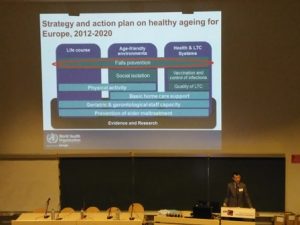
Natalia Adamczewska and Yolanda Barrado-Martín represented the Psychology Department and Ageing & Dementia Research Centre (ADRC) at the Third Edition of the EU Falls Festival in Amsterdam on 8th and 9th May 2017. The theme of the congress was: Developing Collaborations across Professions and throughout Europe.
This festival brought together over 200 professionals from multiple disciplines (such as Nursing, Physiotherapy, Occupational Therapy, Medicine, Psychology and Technology) working under a common target: The prevention of falls amongst older adults. It was a great opportunity to see how different countries in Europe, but also researchers in America, represented by Dr. Robin Lee, US Lead Home and Recreation Team; and Australia, represented by Kim Delbaere, Falls Balance and Injury Centre, NeuRa; are working under this objective, the resources different countries invest on this and the different approaches used from different disciplines. A variety of interventions were presented from educational to exercise, and a debate was organised regarding the relevance of the role of technologies to prevent falls and support research.
Falls are the first external cause of death amongst older adults which explains the importance of researchers, practitioners and policy makers working together. Members of the World Health Organisation and the European Commission were also attending this meeting and sharing their views on the relevance of falls prevention.
Yolanda’s PhD project looks into the acceptability and adherence of participants living with dementia to a Tai Chi exercise intervention. Adherence to falls interventions was one the main concerns of the congress, however, the experiences of those living with dementia remain mostly under-explored.
Natalia focuses on the psychological adjustment to falls in her PhD project and she looks at fall-related PTSD. Various interventions presented at the festival could possibly be applied in order to enable participants to cope with psychological consequences of falling, such as virtual reality treatment presented by Jeff Hausdorff that he originally developed for fall prevention in idiopathic fallers.
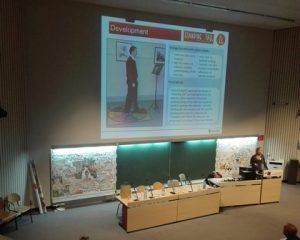
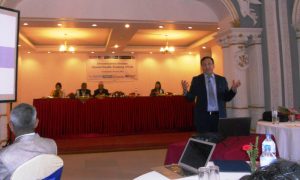
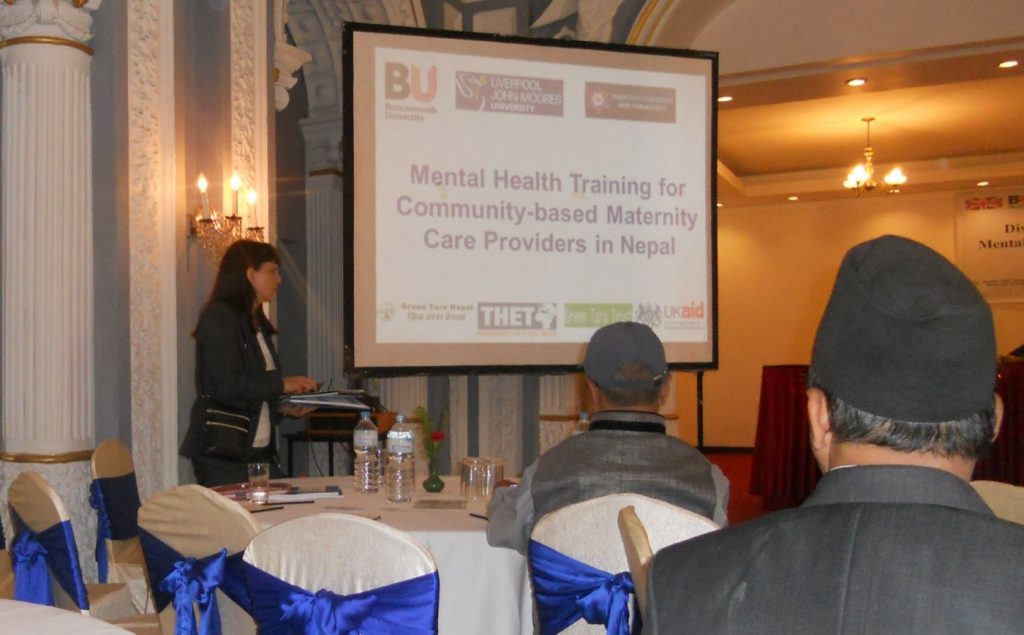
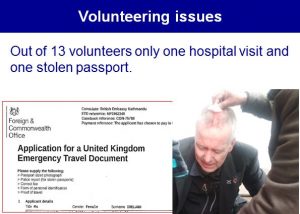

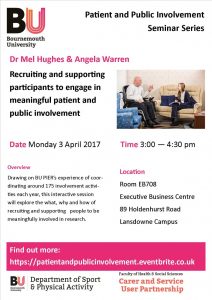
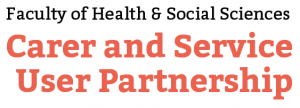


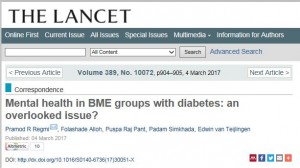
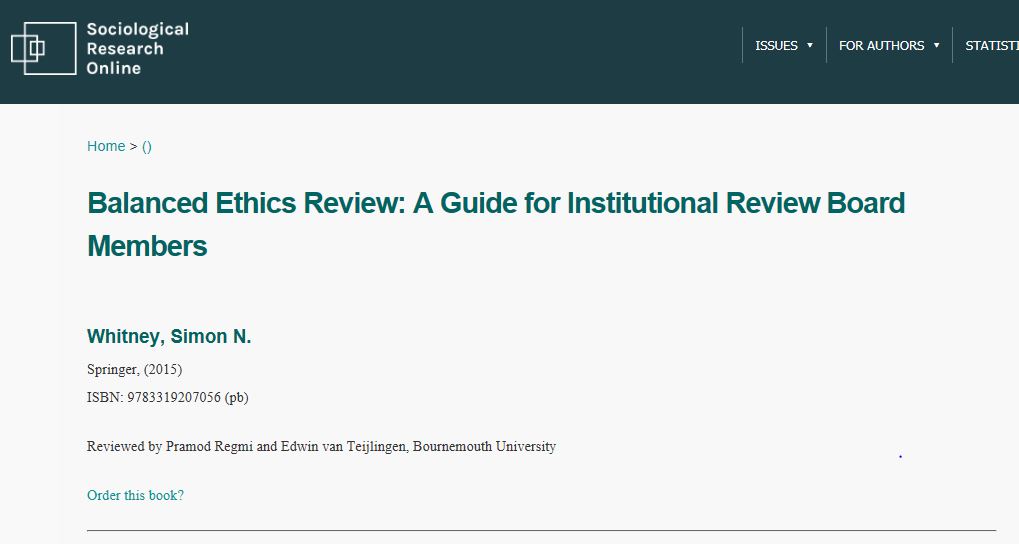
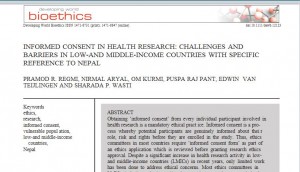
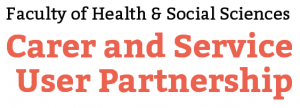
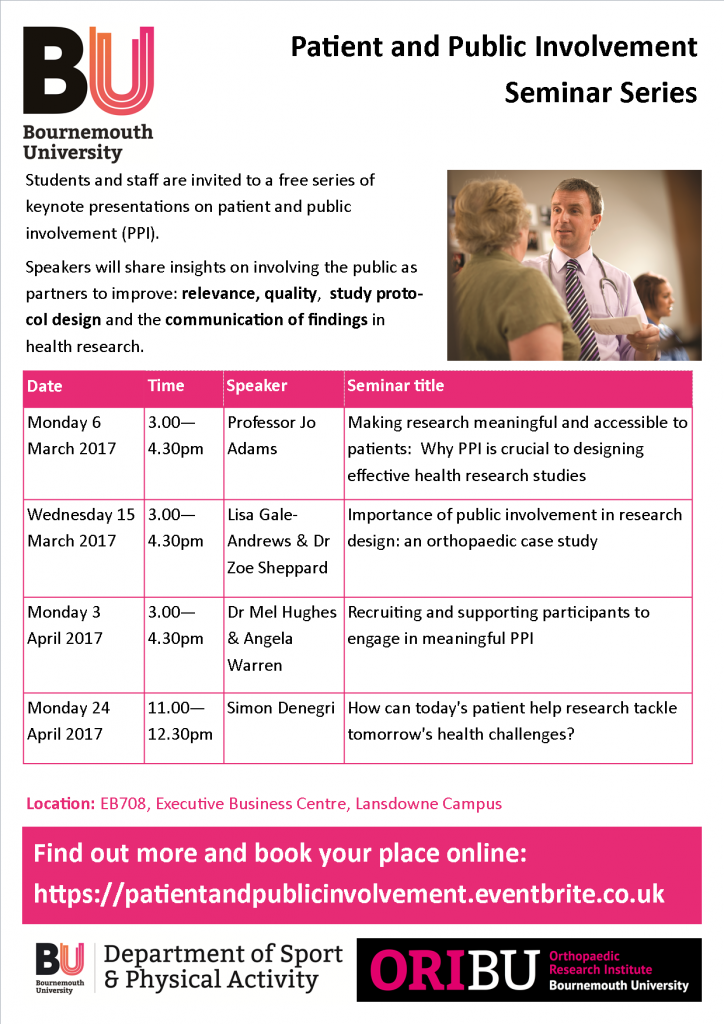


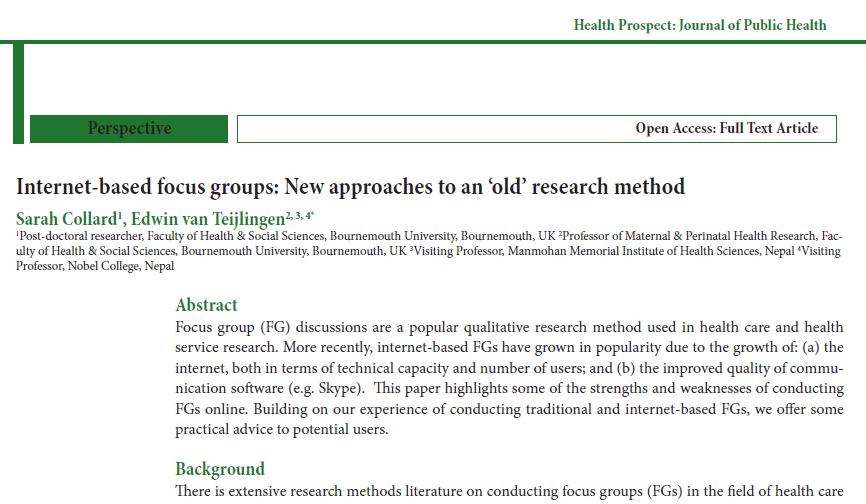

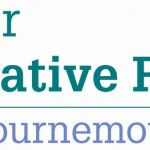
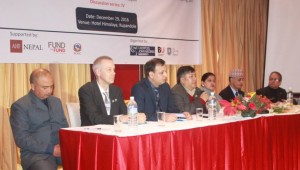
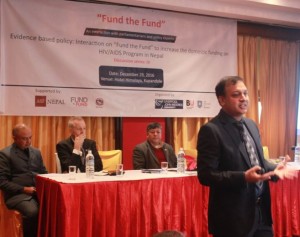

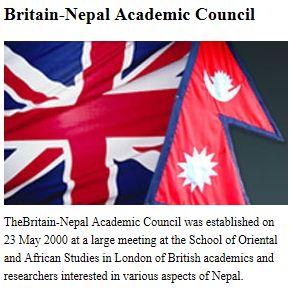
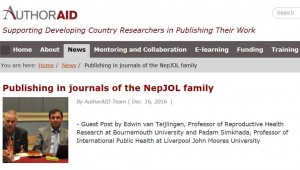
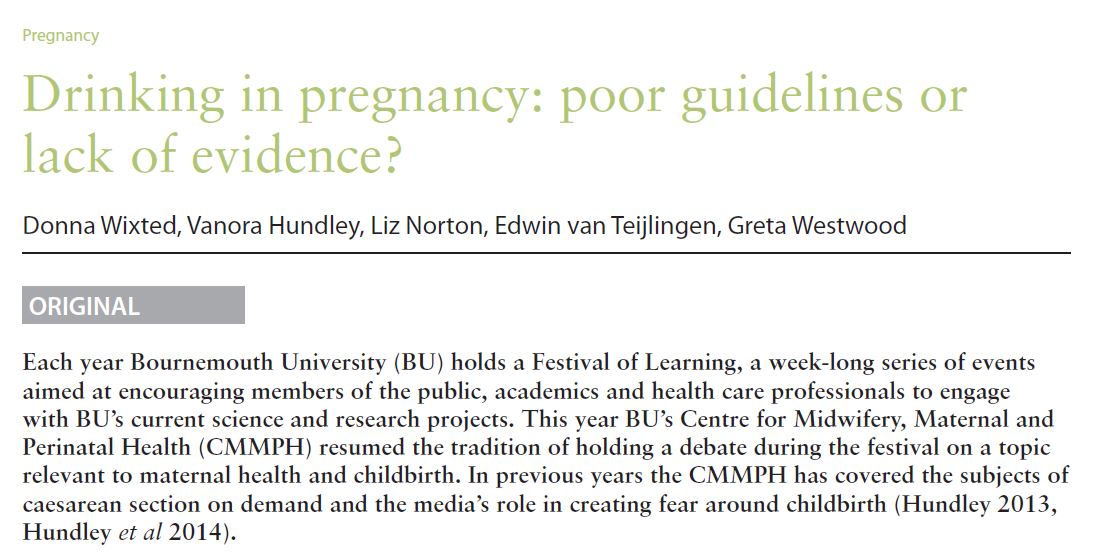
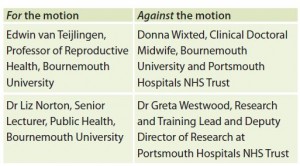
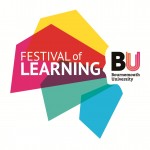
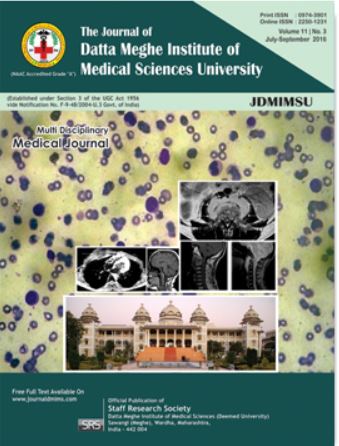
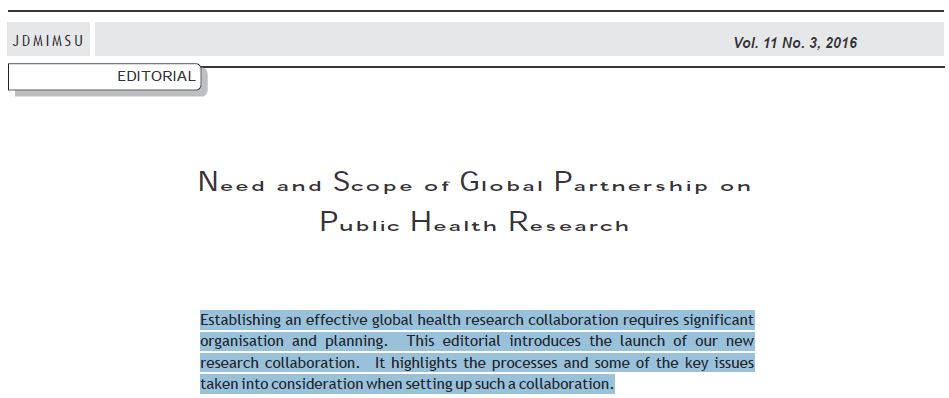
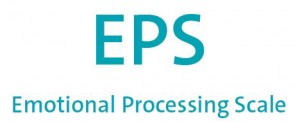












 Connecting Research with Practice: FoodMAPP Secondment in Austria and France
Connecting Research with Practice: FoodMAPP Secondment in Austria and France Health promotion paper read 8,000 times
Health promotion paper read 8,000 times The Beautiful Work Challenge: On Birth
The Beautiful Work Challenge: On Birth Free event on Solutions to Inequalities in Dementia Diagnosis and Care
Free event on Solutions to Inequalities in Dementia Diagnosis and Care MSCA Postdoctoral Fellowships 2025 Call
MSCA Postdoctoral Fellowships 2025 Call ERC Advanced Grant 2025 Webinar
ERC Advanced Grant 2025 Webinar Horizon Europe Work Programme 2025 Published
Horizon Europe Work Programme 2025 Published Horizon Europe 2025 Work Programme pre-Published
Horizon Europe 2025 Work Programme pre-Published Update on UKRO services
Update on UKRO services European research project exploring use of ‘virtual twins’ to better manage metabolic associated fatty liver disease
European research project exploring use of ‘virtual twins’ to better manage metabolic associated fatty liver disease